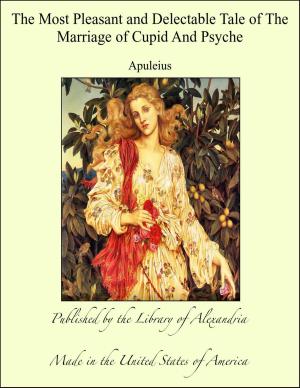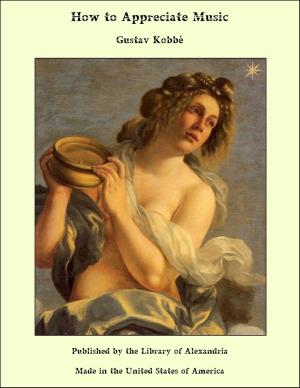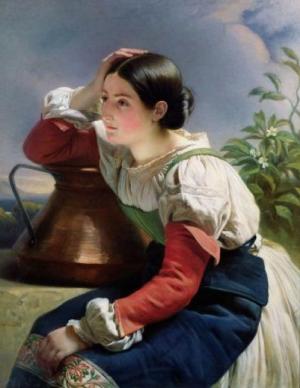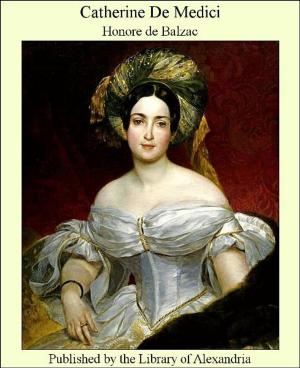The World's Greatest Books (Poetry and Drama)
Nonfiction, Religion & Spirituality, New Age, History, Fiction & Literature| Author: | Various Authors | ISBN: | 9781465516770 |
| Publisher: | Library of Alexandria | Publication: | March 8, 2015 |
| Imprint: | Language: | English |
| Author: | Various Authors |
| ISBN: | 9781465516770 |
| Publisher: | Library of Alexandria |
| Publication: | March 8, 2015 |
| Imprint: | |
| Language: | English |
Victor Hugo was a man with a remarkable aptitude for divining the real course of popular feeling and giving violent expression to it. It was this that made him one of the leaders of the modern republican movement in France. Precluded by his earlier works from attacking the monarchy openly, he set about discrediting it by a series of historical plays in which the French kings were depicted in a sinister light. In "Marion de Lorme" he holds up the weakest of the Bourbons to bitter contempt; in "The King Amuses Himself" ("Le roi s'amuse"), produced in 1832, he satirises the most brilliant of the Valois—François I. The portrait is a clever but one-sided piece of work; it is based on facts; but not on all the facts. It is true that François used to frequent low taverns and mix in disreputable company, but he was also the most chivalrous king of his age, and a man of fine tastes in art and letters. Nevertheless, the play is one of the best of Victor Hugo's by reason of the strange and terrible character of the king's jester, Triboulet. This ugly little hunchback is surely a memorable figure in literature. The horror and pity which he excites as he sits by the river in the storm and darkness, rejoicing in the consummation of his scheme of revenge, have something of that awfulness which is the note of veritable tragedy. The scene is a superb example of dramatic irony.
Victor Hugo was a man with a remarkable aptitude for divining the real course of popular feeling and giving violent expression to it. It was this that made him one of the leaders of the modern republican movement in France. Precluded by his earlier works from attacking the monarchy openly, he set about discrediting it by a series of historical plays in which the French kings were depicted in a sinister light. In "Marion de Lorme" he holds up the weakest of the Bourbons to bitter contempt; in "The King Amuses Himself" ("Le roi s'amuse"), produced in 1832, he satirises the most brilliant of the Valois—François I. The portrait is a clever but one-sided piece of work; it is based on facts; but not on all the facts. It is true that François used to frequent low taverns and mix in disreputable company, but he was also the most chivalrous king of his age, and a man of fine tastes in art and letters. Nevertheless, the play is one of the best of Victor Hugo's by reason of the strange and terrible character of the king's jester, Triboulet. This ugly little hunchback is surely a memorable figure in literature. The horror and pity which he excites as he sits by the river in the storm and darkness, rejoicing in the consummation of his scheme of revenge, have something of that awfulness which is the note of veritable tragedy. The scene is a superb example of dramatic irony.















